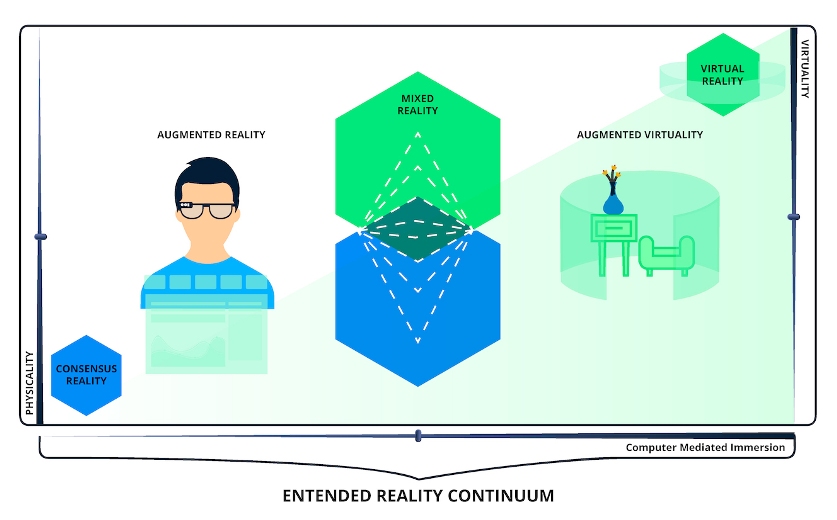Background: Since the advent of virtual reality (VR), it has been used in medical education for surgical training and anatomy teaching. Recently, other modalities of extended reality (XR) such as augmented reality (AR) and mixed reality (MR) has also made its way into medical education. Although there has been research validating XR’s use in medical education, there have been few studies on the research trends of the different XR modalities. The paper aims to compare the research trends of the XR modalities in general and in terms of the medical fields studied and outcomes measured. Methods: Web of Science was searched, and preliminary data was extracted to analyze the general trend. Inclusion and exclusion criteria were then applied, and finalized articles were analyzed and grouped based on the medical field studied and outcomes measured. Results: 31 articles on VR, eight on AR and one on MR were included in the final analysis. We found that there is increasing research in VR since 1990 and AR since 2008. The research in MR is constant. Most of the papers on VR studied endoscopic surgery and anatomy whereas AR studied mostly anatomy and endovascular procedures. Using Miller’s prism of clinical competence, the competency measured most for VR and AR is “show”. Discussion and conclusion: Advancement in computing, communication and display technologies since 1990 may contribute to the increase in research on VR whereas the ubiquity of smartphone since 2008 may explain the increase in research on AR. Although both VR and AR are used in surgical training and anatomy teaching, we found possible strengths of VR in counseling and AR in practical skills. The competency "show" was measured most as most of the papers were on surgery, and the XR simulators used can capture surgical parameters

